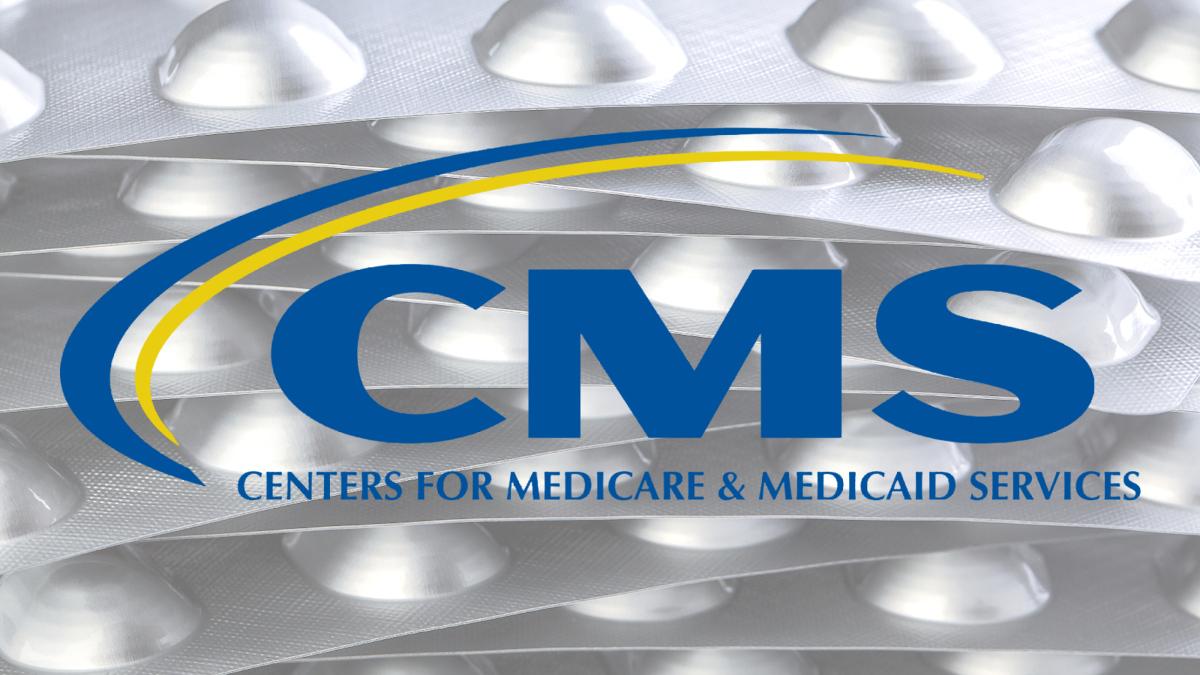Gilead buoyed by Trodelvy OK in new breast cancer use

The reversal of fortunes for Gilead Sciences' Trodelvy in an advanced form of breast cancer is complete, with an FDA approval unlocking what could be a sizeable new market for the TROP2-targeting drug.
On Friday, the FDA cleared Trodelvy (sacituzumab govitecan) for hormone receptor-positive, HER2-negative advanced breast cancer in patients who have received endocrine-based therapy and at least two additional systemic therapies for metastatic disease.
A verdict on the new indication is expected from regulators in Europe later this year, following the European Medicine Agency (EMA) validation of Gilead's marketing authorisation application in early January.
Sales of Trodelvy are building in its earlier indications in relapsed/refractory triple-negative breast cancer (TNBC) and advanced bladder cancer, rising 79% to $680 million in 2022, but the new indication could add "at least 6,000 addressable patients in the US," said Gilead's chief commercial officer, Johanna Mercier, on the company's fourth-quarter results call with analysts last week.
The FDA approval was based on progression-free survival (PFS) and overall survival (OS) data from the Phase 3 TROPiCS-02 study, which failed to show a significant improvement on OS at its first readout - sparking speculation about the prospects for the drug - but has seen the data strengthen over time.
At the ESMO congress last September Gilead reported that Trodelvy showed a statistically significant and "clinically meaningful" OS benefit of 3.2 months versus comparator single-agent chemotherapy, with three times as many people treated with the drug progression free at one year (21% versus 7%).
That data earned Trodelvy a Category 1 preferred recommendation from the National Comprehensive Cancer Network (NCCN) in the US for metastatic HR+/HER2- breast cancer.
While the FDA approval removes the final regulatory hurdle for Trodelvy, Gilead may still have its work cut out to build commercial traction for the drug in the market for pre-treated HR+/HER2- breast cancer, given an overlap in this form of breast cancer with AstraZeneca and Daiichi Sankyo's fast-growing Enhertu (trastuzumab deruxtecan).
Meanwhile, AZ and Daiichi Sankyo are also getting increasingly bullish about the prospects for their own TROP2-targeting drug datopotamab deruxtecan on the back of clinical results with the drug alone and in combination with AZ's PD-L1 inhibitor Imfinzi (durvalumab) in advanced TNBC, which could also pose a competitive threat to Trodelvy.
For now, Gilead is pointing to the large unmet need for new treatment options among patients with HR+/HER2- breast cancer that has stopped responding hormonal treatment and chemotherapies.
"The FDA approval is an important step forward for both women and men living with metastatic breast cancer, especially for those individuals whose tumour is no longer responding to endocrine-based therapies and who are facing a poor prognosis," commented Laura Carfang, executive director at patient organisation SurvivingBreastCancer.org.
"We need to combat this terrible disease, and all options that potentially slow its progress and extend life for those living with metastatic breast cancer are welcomed."
Approval for HR+/HER2- breast cancer that has progressed despite earlier hormonal therapies, CDK4/6 inhibitors and multiple lines of chemo would lend additional momentum to the therapy, with earlier analyst estimates that it could add $900 million to peak annual sales – and more if Gilead can move it into the second-line setting.












